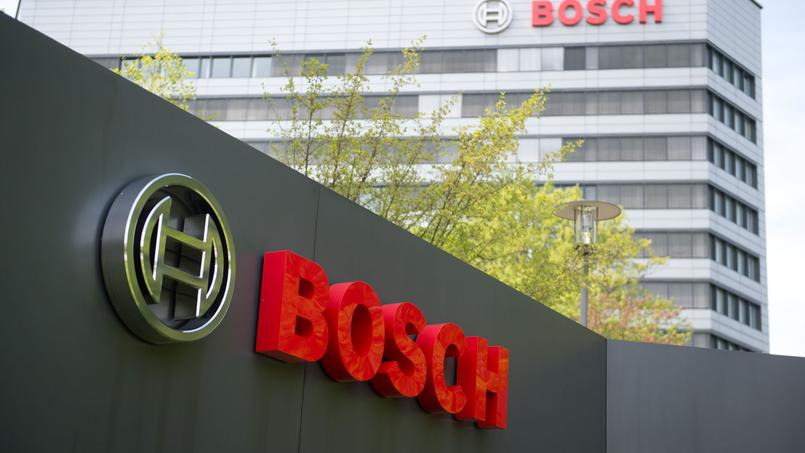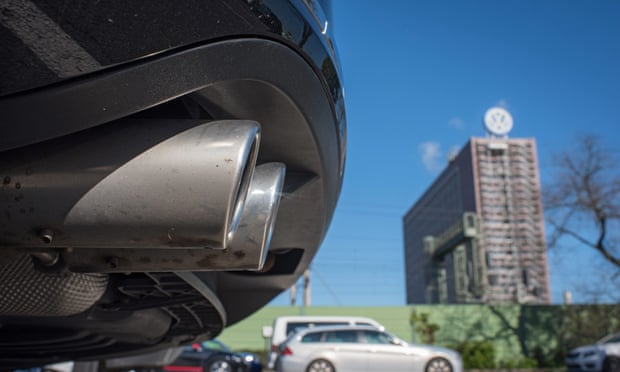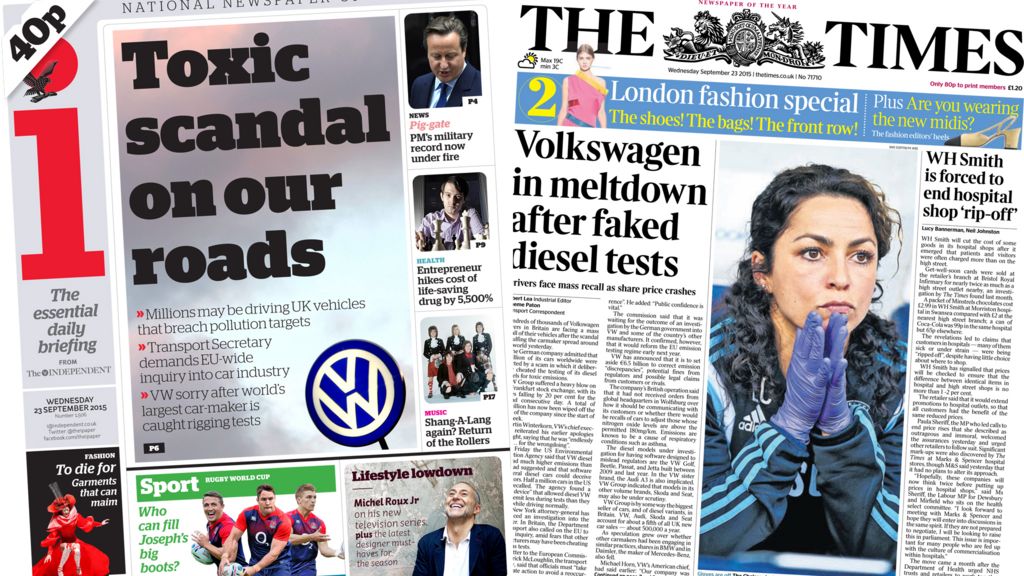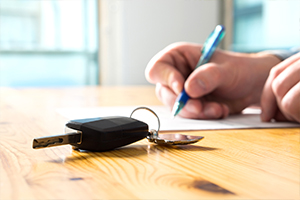Dirty Work: 10 Major Moments in VW’s Diesel Scandal
The most recent and rambunctious newsworthy scandal of 2015 has nothing to do with the breakup of a Hollywood couple. “Diesel gate”, the twitter-trending nickname for Volkswagen’s diesel scandal case, has swarmed news outlets over the last several weeks, whether it’s on cable news or online media.
To put it plainly, the scandal revolves around the company’s cheating on emissions tests. They did it by installing software that only turns on when their cars undergo testing (a.k.a “defeat device”), lowering the levels of pollutants during the tests, so that inspectors give it a pass. Normally, though, the engine produces 10 – 40 times more Nitric Oxide (NOx) than what’s acceptable (that’s an extra 1 million tons of pollution). It’s a very crafty and cunning ploy from the German automaker.
Of course, this is a major problem since it means Volkswagen’s diesel engines are “dirty”, spewing toxic chemicals that are hazardous to human health. Calling it a big deal is an understatement. So far, over 500,000 cars have been recalled in the U.S. alone.
The scandal is global too – about 8.5 million VW’s in Europe will be recalled (2.8 million of them in Germany alone), as well as Australia and Asia. And if Volkswagen doesn’t have enough headaches already, they’re battling legal drama, a drop in stocks and massive costs – as much as €6.5bn (£4.7bn). The nightmare has just begun.
Volkswagen’s Series of Unfortunate Events
Time: 2007
Event(s): Volkswagen begins installing software created by electronics giant, Bosch, claiming it’s solely for “internal purposes”. However, reports surface that VW is using the software illegally in their cars – an action that Bosch warned against, citing legal consequences. VW ignores these warnings.
purposes”. However, reports surface that VW is using the software illegally in their cars – an action that Bosch warned against, citing legal consequences. VW ignores these warnings.
Time: 2011
Event(s): Engineers and whistleblowers increasingly brought Volkswagen’s illegal use of Bosch software to their attention. VW remained tight-lipped about the accusations. Current reports and accounts also reveal VW’s history of ignorance and nonchalance towards environment standards.
Time: May 2014
Event(s): It’s late spring in 2014, and American researchers discover the alarming levels of pollutants released from a 2012 Jetta and 2013 Passat. Their findings came from a routine university study. Due to the excessive amounts of nitric oxide (NOx) the vehicles emit, the researchers inform the Environmental Protection Agency (EPA) and the California Air Resources Board (CARB).
alarming levels of pollutants released from a 2012 Jetta and 2013 Passat. Their findings came from a routine university study. Due to the excessive amounts of nitric oxide (NOx) the vehicles emit, the researchers inform the Environmental Protection Agency (EPA) and the California Air Resources Board (CARB).
Time: December 2, 2014
 Event(s): Months after researchers discover dangerous levels of emissions, Volkswagen launches a voluntary recall of approximately 500,000 of its vehicles in the United States. This follows months of denial from the company, even though there is strong evidence to support the claim that their diesel engines release high amounts of pollutants.
Event(s): Months after researchers discover dangerous levels of emissions, Volkswagen launches a voluntary recall of approximately 500,000 of its vehicles in the United States. This follows months of denial from the company, even though there is strong evidence to support the claim that their diesel engines release high amounts of pollutants.
Time: August 2015
Event(s): The Environmental Protection Agency (EPA) threatens that they won’t certify any 2016 Volkswagen vehicles, unless the company can explain the disparity between their “clean” diesel claims and recent findings. There is still denial at this point. However, much speculation that Volkswagen cheated grows, and public scrutiny follows.
unless the company can explain the disparity between their “clean” diesel claims and recent findings. There is still denial at this point. However, much speculation that Volkswagen cheated grows, and public scrutiny follows.
Time: September 3, 2015
 Event(s): The first admission of guilt on behalf of Volkswagen surfaces during a phone call between VW officials and EPA and CARB officials. The VW officials give details on a “defeat device” – the software used to cheat emissions tests. As mentioned before, the software only kicks in when it detects that an inspection is underway.
Event(s): The first admission of guilt on behalf of Volkswagen surfaces during a phone call between VW officials and EPA and CARB officials. The VW officials give details on a “defeat device” – the software used to cheat emissions tests. As mentioned before, the software only kicks in when it detects that an inspection is underway.
Time: September 18, 2015
Event(s): Just weeks later, the EPA exposes VW’s emissions violations. The  news rapidly turns into the most-talked about headline from the auto industry, receiving coverage from outlets worldwide. Additionally, there’s much backlash on social media, and there’s even cultural criticism in the form of memes and other satirical photos.
news rapidly turns into the most-talked about headline from the auto industry, receiving coverage from outlets worldwide. Additionally, there’s much backlash on social media, and there’s even cultural criticism in the form of memes and other satirical photos.
Time: September 23, 2015
 Event(s): Volkswagen CEO, Martin Winterkorn, resigns days after the diesel scandal goes public. Although taking responsibility for the events, he maintains that he was unaware of the software used to cheat routine emissions tests. He has received criticism regardless.
Event(s): Volkswagen CEO, Martin Winterkorn, resigns days after the diesel scandal goes public. Although taking responsibility for the events, he maintains that he was unaware of the software used to cheat routine emissions tests. He has received criticism regardless.
Time: September 25, 2015
Event(s): Two days after Winterkorn’s resignation, Volkswagen appoints Matthias Müeller as its CEO. Müeller began his career in 1977 at Audi as a toolmaker, rising through the ranks, eventually securing a position as CEO at Porsche. Upon his appointment, Müeller vowed to “get to the bottom” of the emissions scandal and “win back trust for the Volkswagen group.”
career in 1977 at Audi as a toolmaker, rising through the ranks, eventually securing a position as CEO at Porsche. Upon his appointment, Müeller vowed to “get to the bottom” of the emissions scandal and “win back trust for the Volkswagen group.”
Time: October 2015
 Event(s): Based on sophisticated computer models and analysis, researchers link 60 premature deaths to VW diesel emissions. These same models have led to predictions of 10 – 150 people will die 10 – 20 years early due to the excess nitric oxide released by Volkswagen’s diesel vehicles.
Event(s): Based on sophisticated computer models and analysis, researchers link 60 premature deaths to VW diesel emissions. These same models have led to predictions of 10 – 150 people will die 10 – 20 years early due to the excess nitric oxide released by Volkswagen’s diesel vehicles.
Where Das Auto Must Go Next?
Volkswagen has a long road to travel before they regain consumer confidence again. For at least a few years, they’ll have to shift their attention on damage control, and revamping their diesel engines to actually meet environmental standards. Despite the legal troubles, financial costs and a tainted reputation, Volkswagen can still recover – they are not the first automaker to be at the center of a global scandal (which we’ll discuss in our next post). Until then, take heart knowing this: corporate crime has a way of coming back to haunt the companies who practice it.






